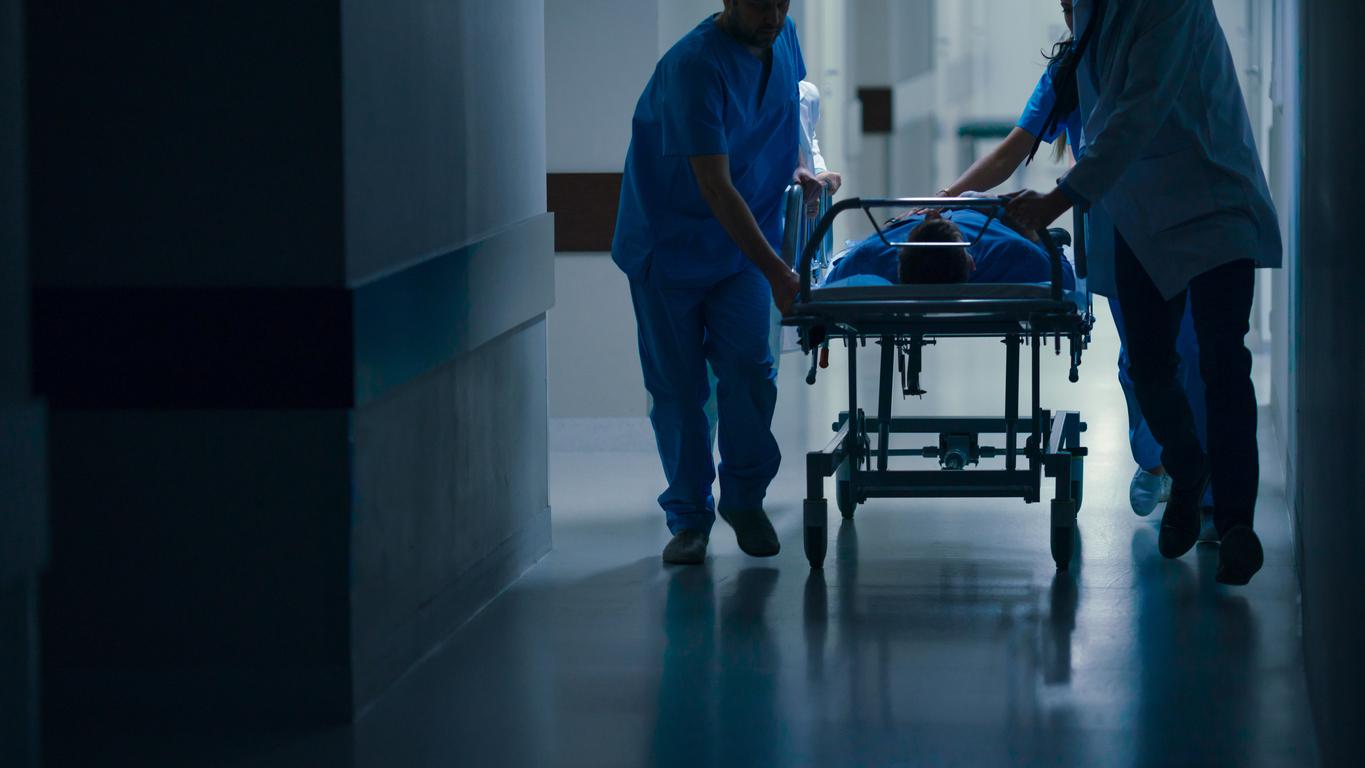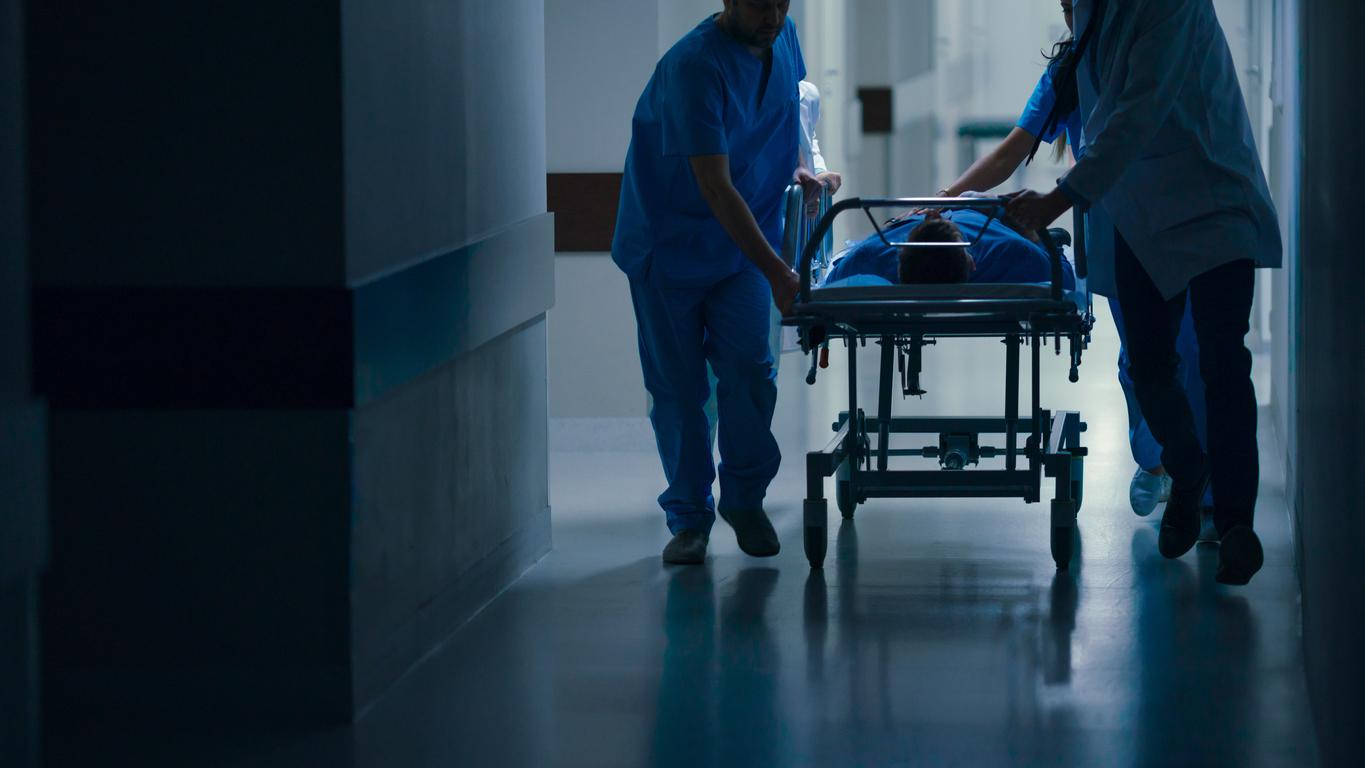A majority of Britons are not satisfied with the national healthcare system. Especially since Brexit threatens its future.

Waiting times, lack of beds, of health professionals… In the United Kingdom, the public health system is in free wheel. And his patients are alarmed. According to a poll by the Association of British Physicians (BMA), 82% of the inhabitants of the island are worried about the future of the NHS.
It must be said that between budget cuts and vacant positions, the recent development of the service is not reassuring. Rather, it would be the opposite: 43% of Britons are not satisfied with the public service. This is twice as much as in 2015. The satisfaction rate has also fallen significantly.
15 billion pounds missing
“You ignore the NHS at your peril.” On June 26, Dr Mark Porter spoke directly to Prime Minister Theresa May. In his annual speech, the chairman of the board of the BMA was very critical of the policy pursued on this issue. He is not the only one.
Already in January, the Red Cross spoke of the British health care system in not very complimentary terms. An unprecedented “humanitarian crisis” is brewing, according to the NGO, which then evoked conditions comparable to those in the Third World.
The chronic lack of investment is at the heart of the concerns. According to calculations made by the BMA, another 15 billion pounds would be needed over the next few years – or around 17 billion euros. It is only at this price that hospitals and consultations in cities will be able to respond effectively to growing demand.
Worried Britons
However, the successive plans have not made it possible to alleviate the multiple problems of the NHS. Far from there. Besides, His Majesty’s subjects are not mistaken. 50% of them say they are worried about the evolution of funding. Worse: 41% believe it is possible that free healthcare will end.
The facts unfortunately abound in their direction. Recently, the NHS considered rationing access to innovative, but expensive molecules. The tracks to tighten the belt multiply, arousing the anger of the doctors.
“After years of underfunding (…) and despite the extraordinary dedication of the staff, the system is failing too many patients, and too often,” laments Dr. Mark Porter.
18 weeks for an operation
This lack of support manifests itself on several points. First, the waiting times to get an appointment. Whether with a general practitioner or a radiologist, it is better to be patient.
In 2015, 93,000 people had to wait at least 18 weeks before receiving routine surgery. Faced with these growing tensions, the British are not reassured. 35% fear that the deadlines will lengthen further.
These waiting times are again not surprising. According to doctors interviewed by the BMA, there are many vacancies in NHS establishments. And if the hours are more demanding, wages, they have fallen by 17% on average over five years.
Just in time
As a result, hospitals and consultations in town are operating in a tight flow. Occupancy rates have reached historic levels. In three out of four establishments, they exceed 95%.
While the aging population is increasingly in demand for care, this finding is not reassuring. And the situation is not expected to improve anytime soon. The UK is embroiled in Brexit negotiations, which is expected to hurt NHS funding. In any case, this is what 69% of respondents think. It remains to be seen whether events will confirm their concerns.
.















